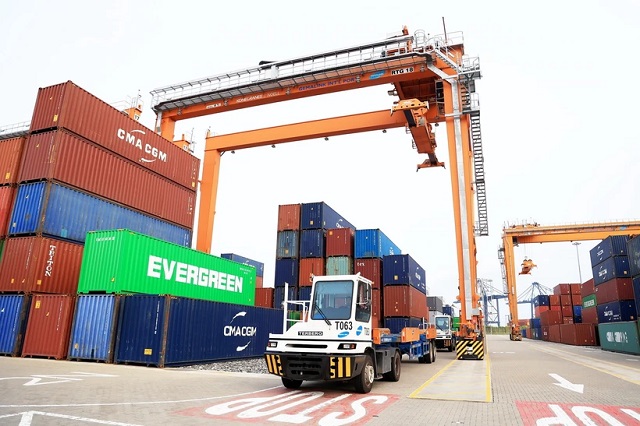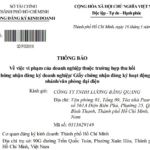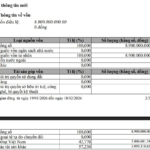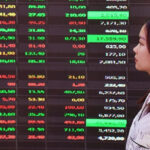
Container yard at Gemalink port, Cai Mep port cluster, Phu My town, Ba Ria – Vung Tau province, Vietnam. (Photo: Hong Dat/TTXVN)
|
In an article published on geopoliticalmonitor.com on March 11th, researcher James Borton at the Johns Hopkins School of Advanced International Studies argued that the Comprehensive Strategic Partnership not only strengthens the US-Vietnam diplomatic relations but also provides an opportunity for Washington to acknowledge Vietnam as a market economy, thus benefiting both countries economically.
Borton noted that in the context of the US government’s efforts to promote the Indo-Pacific Economic Framework for Prosperity (IPEF), market economy recognition would enable Vietnam to increase trade and investment with the US.
In return, the benefits for US companies include market access and export opportunities, particularly in the agricultural, machinery, aviation, and pharmaceutical sectors. All of these contribute to promoting a supply chain that aligns with US interests.
Recognition of Vietnam’s market economy would also help reduce trade barriers, making it easier and less costly for US businesses to export goods and services to Vietnam.
The article suggests that US recognition of Vietnam as a market economy could encourage US companies to diversify their supply chains.
Furthermore, lower import costs and access to a larger market could allow US companies to increase production and manufacturing in Vietnam.
This holds the potential to increase sales revenue and profits for US companies operating in Vietnam.
Telecommunications, information technology, power generation, transportation infrastructure, project management, environmental technology, and other sectors will continue to offer promising opportunities for US companies.
The article also acknowledges Vietnam’s efforts to create a favorable and equitable business environment for international investors.
Referring to the World Bank’s 2020 Doing Business report, which ranked Vietnam 70th out of 190 economies in terms of business-friendly conditions, it reflects Vietnam’s commitment to creating favorable conditions for business activities.
The US News and World Report ranked Vietnam 7th out of 78 countries for doing business in 2021, a 5-rank increase from 2020.
Currently, a total of 72 countries recognize Vietnam as a market economy, including the UK, Canada, Australia, and Japan./.
Thu Hang












